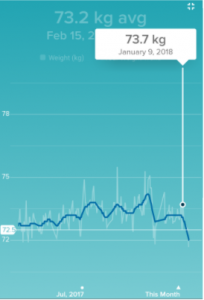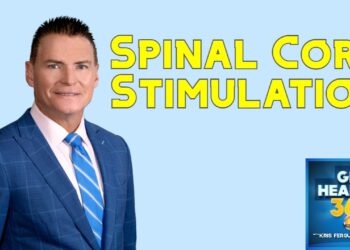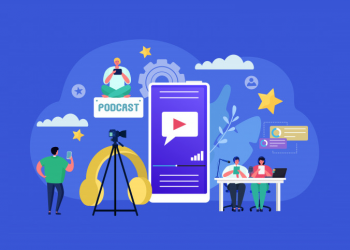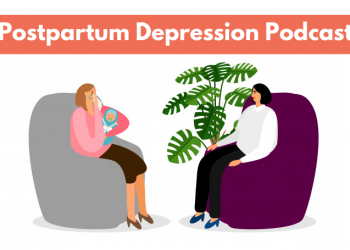The genius of FitBit
We here at GetHealthy360 are big on medical research, and we are excited by the opportunity that FitBit and other activity trackers are presenting to research scientists. The latest activity trackers continually log data on your sleep patterns, exercise routine, and heart rate. Pair your FitBit to a digital scale and it will track your weight as well.
All this data is centrally stored on FitBit’s servers and this is where data scientists can uncover the trends and breakthroughs that will help further our understanding of the human body. Take sleep for example. Sleep is notoriously difficult to study. In the past, researchers could only get sleep data by conducting surveys (not very reliable) or tracking people’s sleep patterns in a lab environment for brief periods (not representative of real life). But now, FitBit has real data on how millions of people sleep. What’s even better is that the data collected from individuals covers months, sometimes years. If you want to study how sleep quality and exercise correlate? FitBit is now the ultimate source of data. Is averaging under 5 hours of sleep for 1 month a predictor of weight gain? FitBit is now the best source of data that can answer these types of questions.
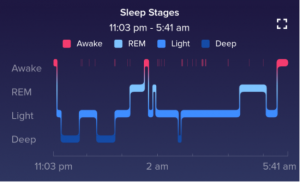
And it’s much more than just sleep. It’s heart rate, it’s weight, age, height. Soon it will be blood sugar and blood pressure as well. The possibilities with all this data are endless. Maybe your exercise routine is too strenuous for someone your age, weight, and height. Maybe your heart rate patterns can alert you to an increased risk of a heart attack in the next 6 months. Maybe your recent weight gain, sleep quality, and blood sugar levels are indicative of a pre-diabetic condition?
This is the future of personal health care. As activity trackers improve and health data is better understood, your health care provider might give you incentives to wear them and share the data with your doctor. Imagine a world where activity trackers can pre-diagnose conditions and alert you to potential problems weeks or even months ahead of time. Where your activity tracker can coach you on sleep times, meal times and exercise routines to help you zero in on your optimal health.
These devices have the potential to offer many insights to research scientists who are working hard to understand the secrets of the human body, and they also have the potential to improve health care on a personal level.
